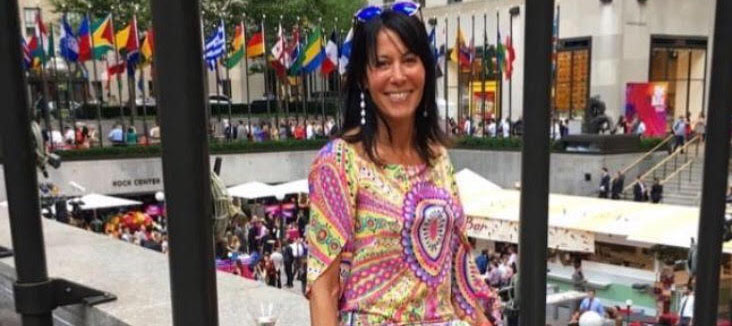
Every April, the historic and charming city of Verona turns into a bustling hub for Italy's largest and most prestigious wine fair, Vinitaly. Producers nationwide flock to the Verona Exhibition Centre to connect with an international contingent of wine industry professionals. The four-day event provides numerous opportunities for attendees to establish relationships and foster future business, including individual booth meetings, seminars, tastings, and competitions.
Born in 1967 as "Italian Wine Days," the fair was a gathering for Veneto winemakers hoping to sell their wines to local restaurants, retailers, and consumers. As the years passed, this humble event steadily gained momentum, attracting a global audience, and was renamed "Vinitaly" in 1971 with the subtitle "International Wine and Spirits Exhibition" added in 1995.
“I remember my father picking me up from high school in the '70s to go to Vinitaly to learn about the world of wine,” says Luigi Collavini, owner of Eugenio Collavini Viticoltori in Friuli Venezia Giulia. “Back then, we would take written orders with special pricing for restaurant and retail shop customers ordering at the fair. That way of doing business is no longer done.”
Collavini says that even though orders are not taken anymore, the fair is a good meeting point where "something always happens."
Vinitaly's role in driving international trade and industry growth is evident from its size, drawing 4,600 exhibitors and over 1,000 top buyers from 68 countries in 2023 for the 55th edition. The fair, hosted by Veronafiere in collaboration with ICE, the Italian Trade Agency, is considered indispensable for many wine industry professionals.
Yet, as with any large organized event, challenges arise, making wine producers rethink the pros and cons.
To Go or Not To Go, Producers Weigh In
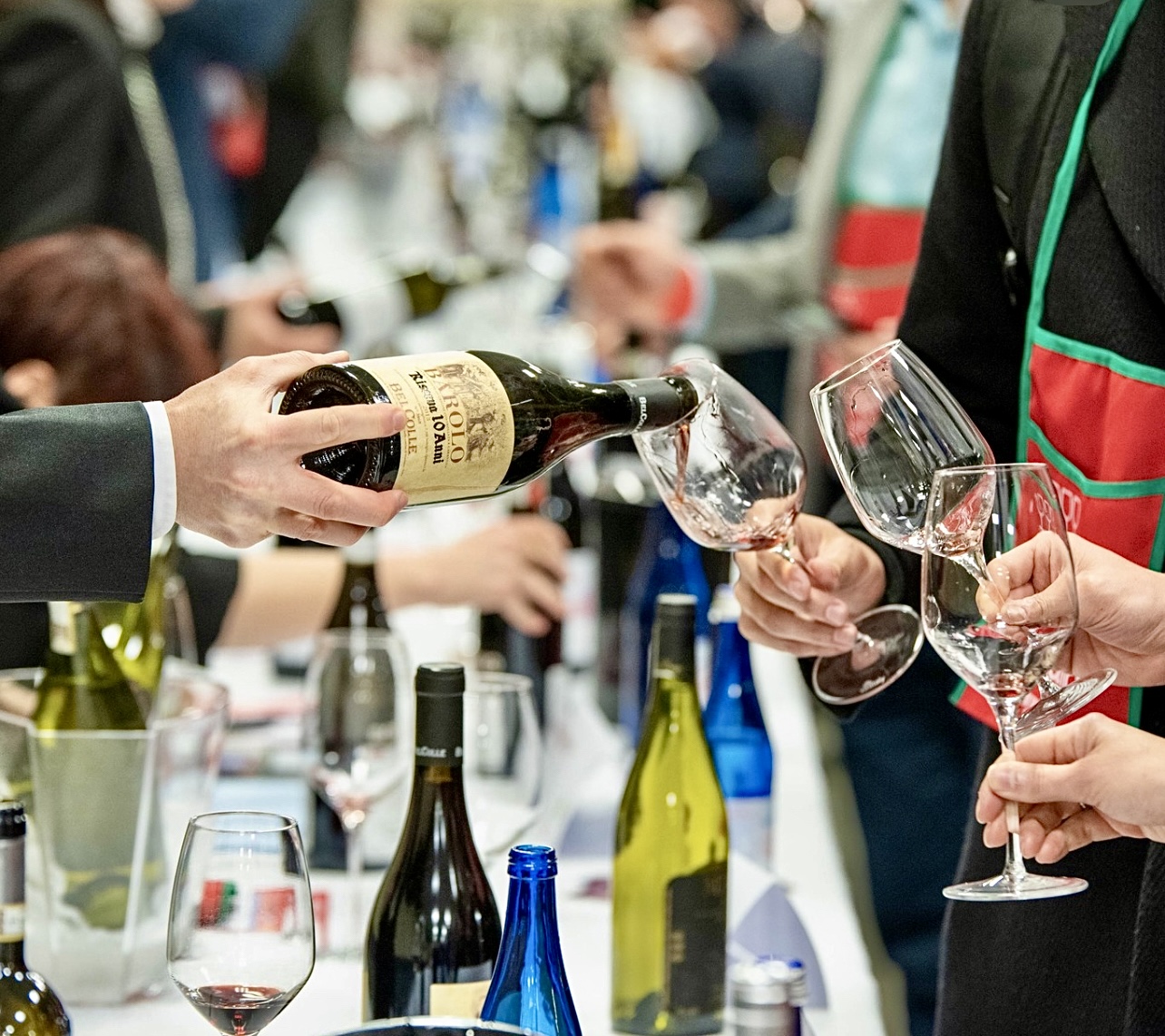 During the fair, I met with several wine producers, asking their opinion on the importance of attending Vinitaly. Though not unanimous, most see Vinitaly as an annual "must-go" trade event, stressing its importance for maintaining relationships and staying informed about industry trends.
During the fair, I met with several wine producers, asking their opinion on the importance of attending Vinitaly. Though not unanimous, most see Vinitaly as an annual "must-go" trade event, stressing its importance for maintaining relationships and staying informed about industry trends.
“At Vinitaly,” says Emilia Marinig, Head of Marketing and Communication for Querciabella winery in Chianti Classico, “a brand would make more noise by not being here,” She says it’s a good opportunity to meet with buyers. “We might not do business here in a strict sense, but for us, it’s a huge and very important event. We can engage in meaningful conversations and answer inquiries about our wines.” She also states that it's an annual opportunity to catch up with staff based outside of Tuscany. "The fair serves as a gathering where the entire team can unite, fostering camaraderie amongst themselves and with customers."
Fabio Costantino of Sicily’s Terra Costantino agrees, likening the event to a market square where producers can welcome their friends and customers. “We harvest only once a year,” says Costantino, “and Vinitaly allows us to show the fruits of our production to the world. We discuss, grow the relationships, and always learn something.”
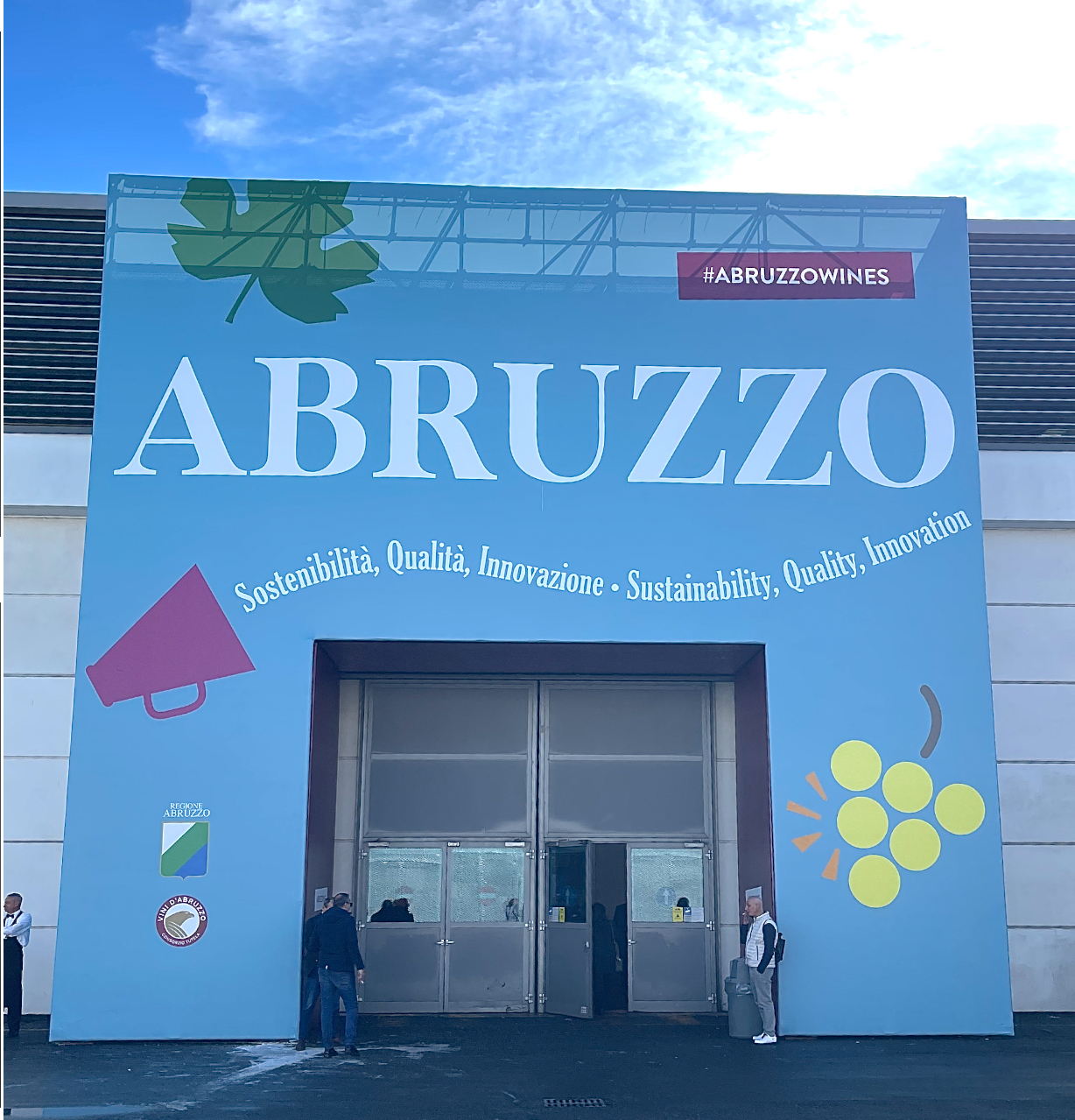 For Cristiana Tiberio, owner of Tiberio Wine in Abruzzo, Vinitaly goes beyond immediate business gains. "Our production is already allocated," she explains, "and we cannot increase the volume. However, the fair is important for wine knowledge. We need to share experiences and taste other wine growers' wines, meet new people, and see longtime customers."
For Cristiana Tiberio, owner of Tiberio Wine in Abruzzo, Vinitaly goes beyond immediate business gains. "Our production is already allocated," she explains, "and we cannot increase the volume. However, the fair is important for wine knowledge. We need to share experiences and taste other wine growers' wines, meet new people, and see longtime customers."
Vinitaly is a way for Tiberio to share the love of her land. “It’s important to keep our eyes and brains open,” she says. “The climate is changing—the world is constantly changing—and wine is a matter of culture and experience. So for us it’s very important to share our knowledge about the Abruzzo region and let people understand that Abruzzo is not just bulk wines, that there is a deep tradition of artisanal growers on our beautiful land.”
Being Present
Acknowledging the importance of Vinitaly's in-person interactions, Giovanna Prandini, founder of Perla del Garda on the shores of Lake Garda, points out that while the internet played a role in sustaining business during the pandemic, it can't replace face-to-face meetings.
“Vinitaly remains the perfect place for me to explain my wines, engage in conversations, and gauge commercial interest,” she says. “While the internet can keep us connected, you don't get the complexity of a relationship online.”
Fabio Sereci of Sicily’s Feudo Montoni echoes this sentiment, stating the importance of cultivating partnerships beyond the virtual world. “It's very important for us to be at Vinitaly,” says Sereci. “Buyers from all over the world looking for Italian wines come to Verona, making the fair a very important display window. It's better to meet our partners in person rather than on digital devices.”
While technology has its place, Vinitaly goes beyond mere business transactions; it's a gathering that creates a sense of togetherness around the enjoyment of wine.
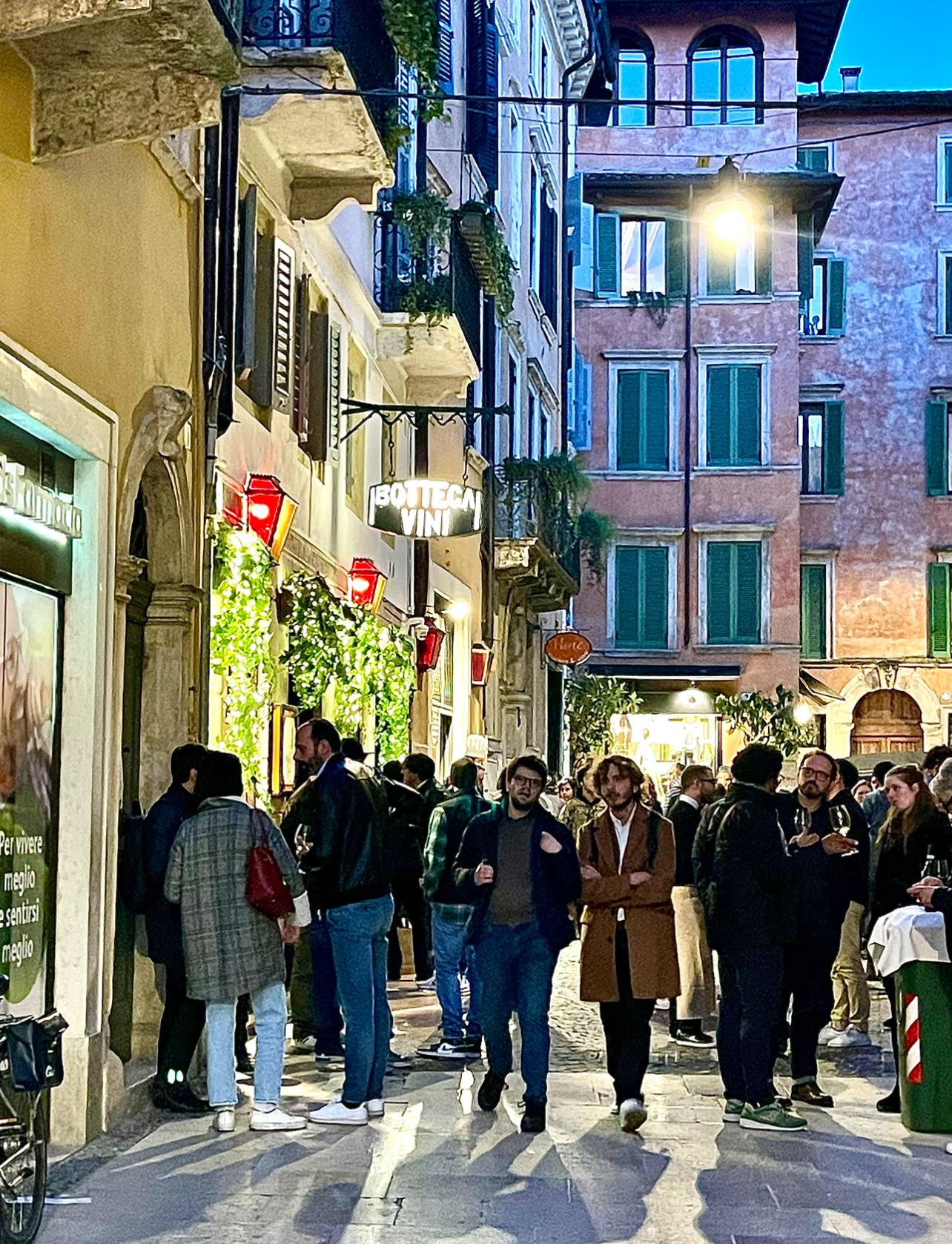 “Vinitaly is a big celebration of wine and not something you can substitute by Zoom,” says Stefano Gagliardo, owner of Poderi Gianni Gagliardo, a Piedmont winery that has participated in Vinitaly for 50 years. “You can add the internet as a tool," he says, "but it's important to see the people and try the wines together, even if you already know what you will do business-wise next year.”
“Vinitaly is a big celebration of wine and not something you can substitute by Zoom,” says Stefano Gagliardo, owner of Poderi Gianni Gagliardo, a Piedmont winery that has participated in Vinitaly for 50 years. “You can add the internet as a tool," he says, "but it's important to see the people and try the wines together, even if you already know what you will do business-wise next year.”
Vinitaly is not only about the fair; it extends into evenings filled with dinners and drinks. “Just last night, we had a dinner with our Mexican and Brazilian importers,” says Gagliardo. “Then we had a glass of wine outside at Bottega del Vino with the Canadians. This is Vinitaly, and it’s so important and really the reason to be here.”
Gagliardo says that otherwise, they could do everything by distance—sending bottles and talking by phone or Zoom. “We should not need to be here,” he says, “but the magic is that we still need it.”
Challenges
While Vinitaly holds undeniable importance for many wineries, some producers say the fair's enormous size, expenses, time commitment, and logistical challenges can be deterrents, especially for small producers who can get lost in the crowd.
“I think Vinitaly is too big,” says Paolo Petrillo of Cantina Petrillo. “To maximize the opportunities it offers, you have to be a bigger producer. My winery produces only 40,000 bottles from 11 hectares of vines, and the cost associated with booth rental and accommodations can be prohibitive for small wine producers like me.”
Petrilli says the fair's duration poses challenges for smaller producers responsible for the daily work back home. “Participating in the fair often involves nearly a week away from the vineyards and winery, straining operations, especially for wineries with smaller teams.”
 Marina Marcarino, the owner of Punset, agrees, suggesting that Vinitaly should be held over fewer days with less costly booths. She notes that the pandemic taught wine producers to work differently, indicating that the industry has changed significantly.
Marina Marcarino, the owner of Punset, agrees, suggesting that Vinitaly should be held over fewer days with less costly booths. She notes that the pandemic taught wine producers to work differently, indicating that the industry has changed significantly.
"We have been participating in Vinitaly for 42 years, but in my opinion, the fair is reaching its end. We are now at a point where we are contemplating whether it’s better to attend the fair or to visit the market. And I’ve heard many others expressing their dissatisfaction."
Some producers choose cost-effective ways to show their wines at Vinitaly, sharing expenses and mazimizing presence in groups like Vignaioli Indipendenti, a Federation of Independent Winegrowers, or as part of a regional consortium. Other producers say that in the future, they may skip Vinitaly altogether, choosing more affordable local events or focusing on online platforms and winery tastings.
Additionally, some producers expressed frustration with the fair's organization. Several cited delays in booth set-up, difficulties navigating the exhibition space, and other issues that contributed to a less-than-optimal experience.
Stefano Casadei, the owner of three Italian wineries, Tenuta Casadei and Castello del Trebbio in Tuscany and Olianas in Sardinia, noted the fair's logistical problems. “You need hours to drive just a few miles to get to the expo center from the hotels,” he says. “This year, the electronic entrance had issues on the first day, leaving thousands of people waiting outside, including producers who were not allowed in.”
Yet, at the same time, Casadei states that, as an Italian winemaker it's crucial for him to market his brands at Vinitaly. "Producers must be at the booth to greet buyers," says Casadei. "We are Italian producers, and we need to be there."
Irresistible Allure
Ultimately, a wine producer's decision to participate in Vinitaly depends on several factors. However, most producers I spoke with said they wouldn't miss being a part of it.
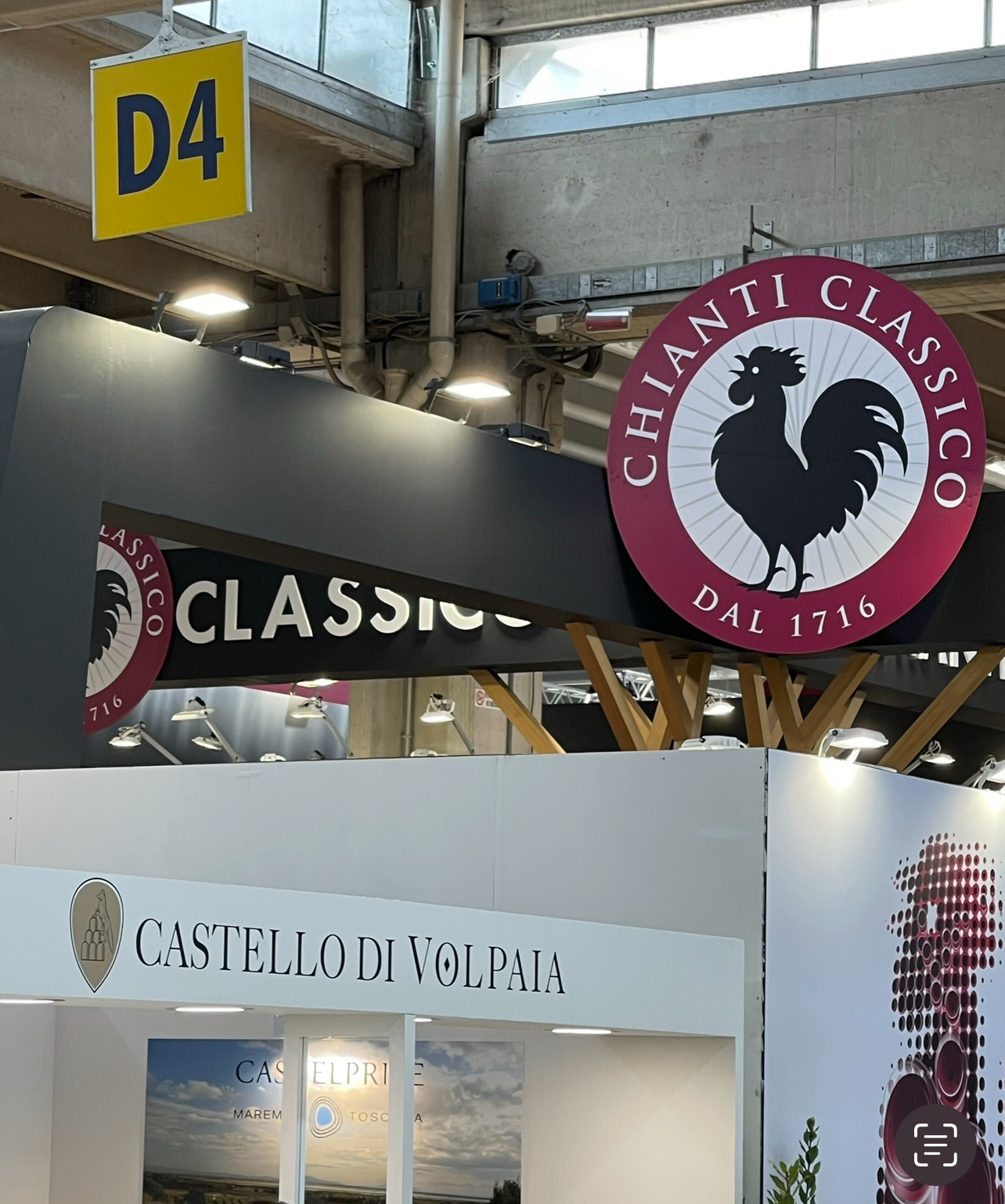 “I've had a booth at the fair since 1981," says Giovanni Manetti, owner of Fontodi wine estate and President of the Chianti Classico consortium. “After each Vinitaly, you analyze what you did and who you met, and for me, the results are always positive.”
“I've had a booth at the fair since 1981," says Giovanni Manetti, owner of Fontodi wine estate and President of the Chianti Classico consortium. “After each Vinitaly, you analyze what you did and who you met, and for me, the results are always positive.”
Discussing the event's management, Manetti praises Veronafiere for addressing producers' concerns, saying that in 2023, there were noticeable improvements. “Before the pandemic, people were saying it was too crowded," he says, “and too many complimentary tickets were being given away to people who aren't in the wine trade. But in this edition, I am seeing people from the wine business–restaurants, shops, and journalists. There's more space and time to spend with buyers.”
Vinitaly is a great celebration of Italian wine," says Manetti, “and it’s very good for business. Even if producers decide to leave Vinitaly, sooner or later, they come back.”
